A Fife charity is urging locals to be careful using garden strimmers after a hedgehog died from “catastrophic injuries” – just a fortnight after being released back into the wild.
The animal was found in a public park in Rosyth on Thursday with part of its lower jaw missing.
It was discovered just yards from Forth Hedgehog Hospital, where it had been nurtured back to health two weeks earlier.
Nadia Al-Dujalli, who runs the hospital, says she is distraught over the death.
She told The Courier: “I’m totally gutted by the loss of yet another hedgehog.
“The horrendous wounds are almost certainly inflicted by a strimmer and the animal would have been in excruciating pain for some time before it died.
“I microchip all hedgehogs that we return to the wild so I know this one was brought back to health and released by us only two weeks ago.
“It’s heartbreaking to then see it suffer and it is the worst part of what we do.”
Strimmer plea after ‘really shocking’ hedgehog injuries
Nadia, who runs the hospital from her Rosyth home, took in and cared for 238 injured hedgehogs in 2022 – many of which had suffered similar injuries.
She said: “Many suffer cuts across their backs which struggle to heal.
“With that amount of scar tissue, hedgehogs can’t roll up into a ball for protection.
“Some of the injuries we see on hogs brought to us are really shocking.”
With hedgehog numbers on the decline, Nadia is urging anyone using a strimmer or cutting grass to check for wildlife before they start.
She added: “We fully accept the areas need to be maintained, but what we need is for people using strimmers to check area for hedgehogs and other wildlife before they start to cut an area.
“As our landscape gets more and more urbanised, it means there are fewer places for animals such as hedgehogs to live and thrive.
“We are not asking people to have overgrown gardens but to maybe dedicate a small area to wildlife.
“It doesn’t even need to be visible, as it can be behind a shed or a garage.
“It’s just somewhere that a hedgehog can be safe.”
Nadia worked for the Scottish SPCA for five years before setting up the hospital – which is funded entirely by donations and fundraising – in 2014.
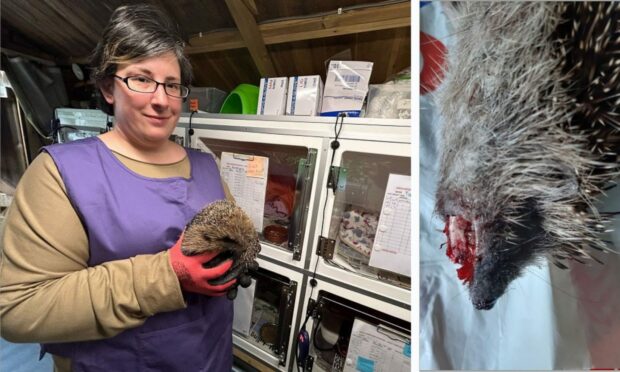

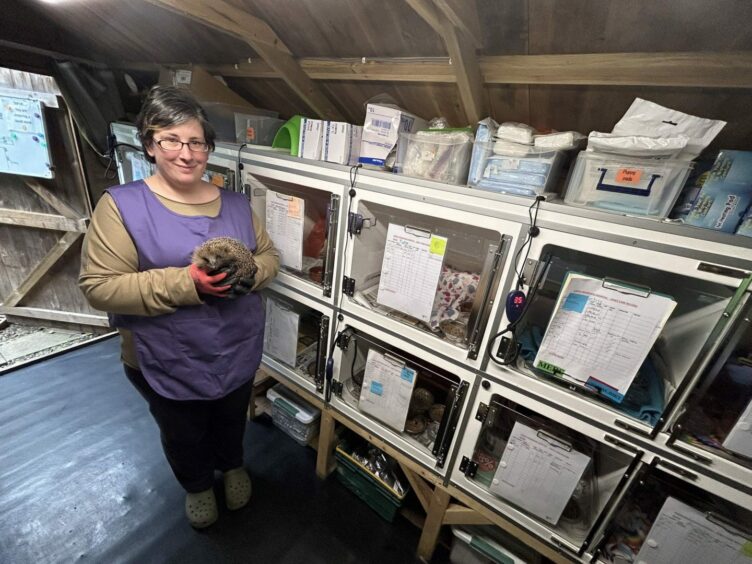
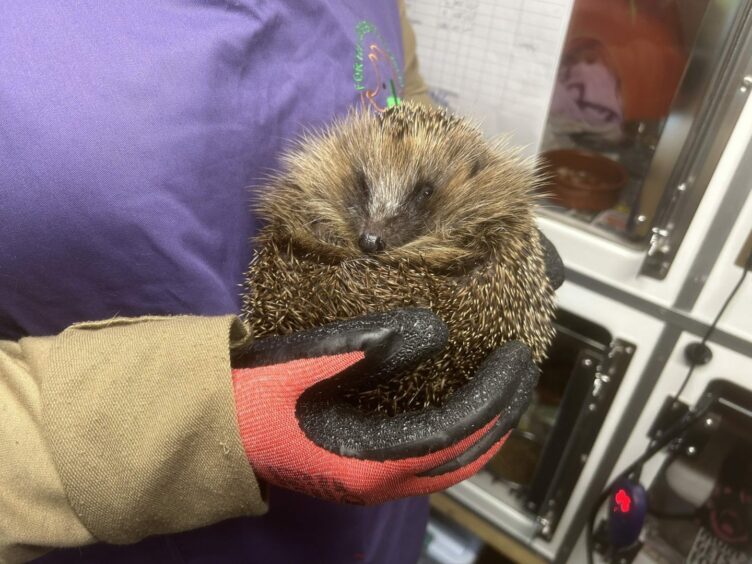
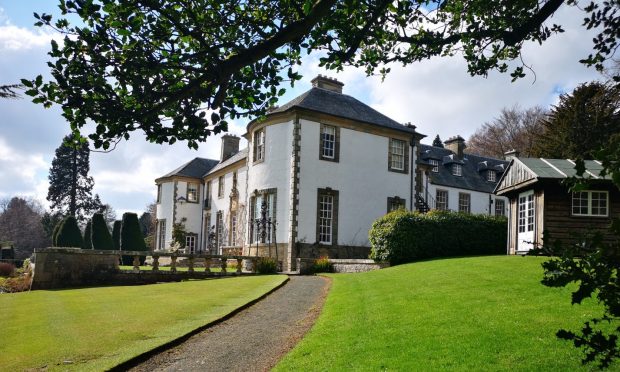
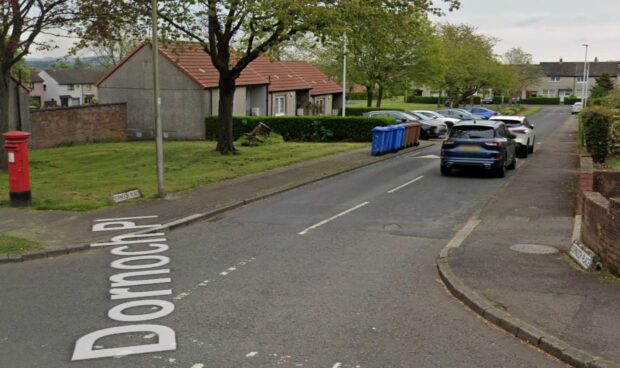
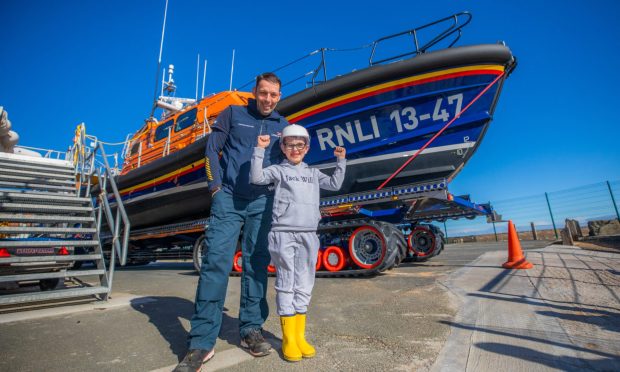
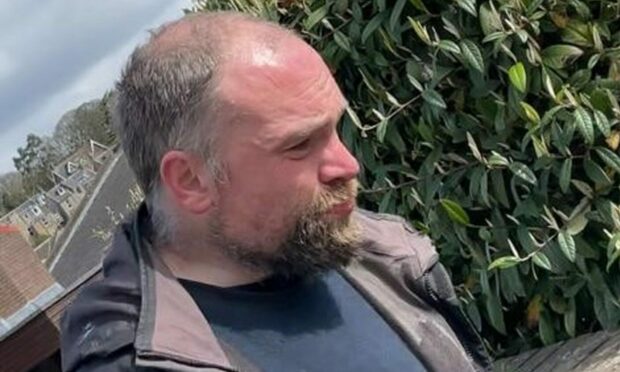
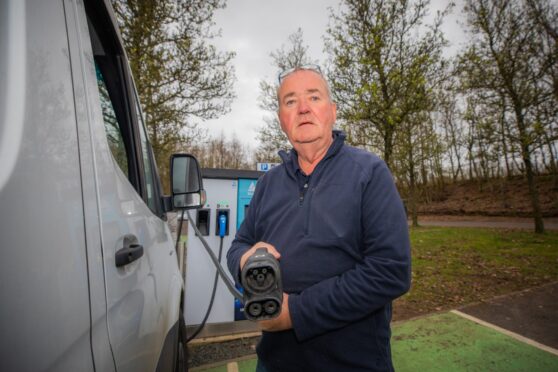
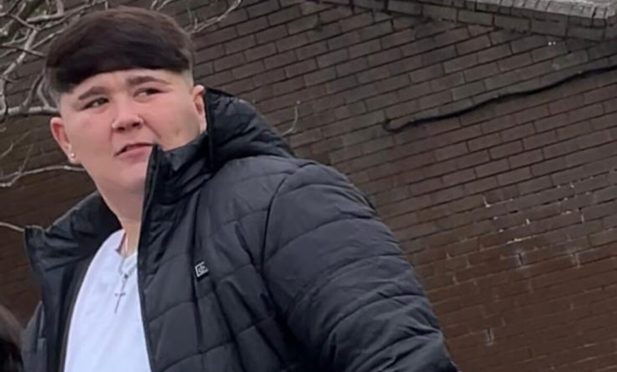
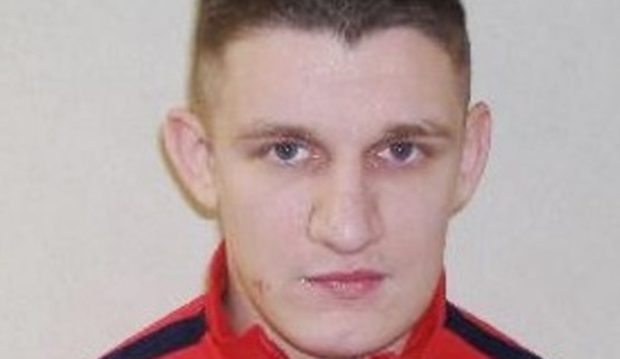
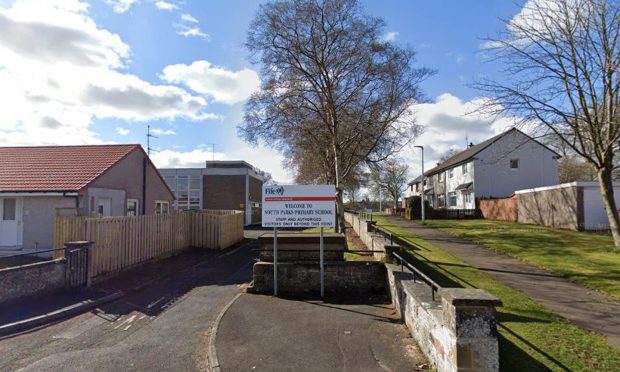
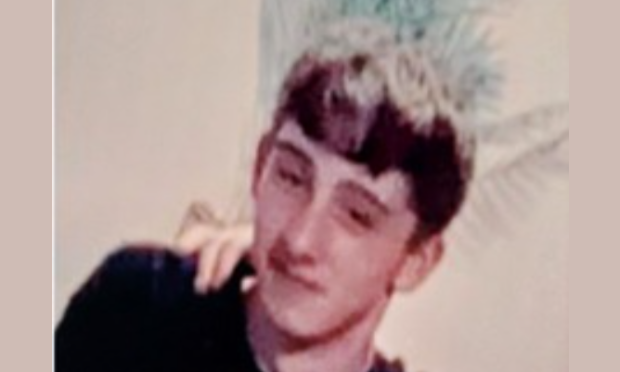
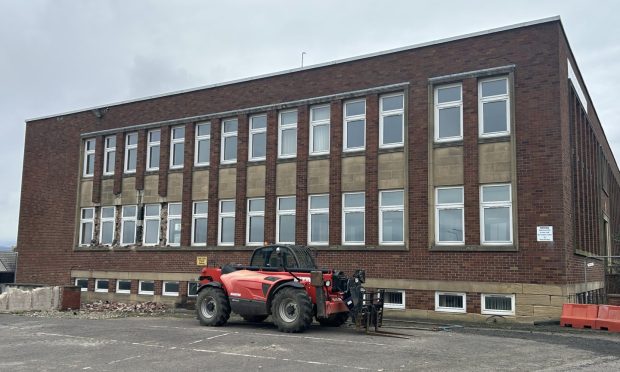
Conversation